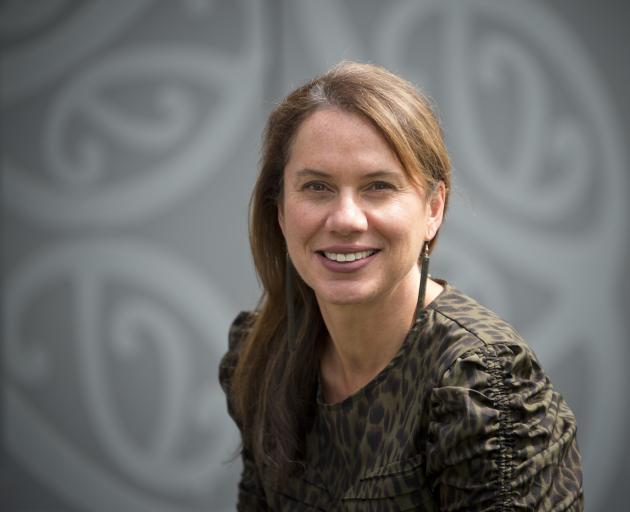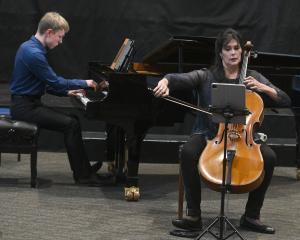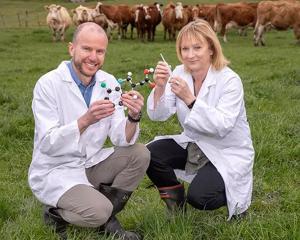
Associate Prof Moana Theodore is the new director of the Dunedin Multidisciplinary Health and Development Study — better known as the Dunedin Study — the University of Otago announced today.
This follows the illness, retirement, and recent death of Prof Richie Poulton, who became director of the study in 2000.
Associate Prof Theodore said she never thought she would lead the study, but it was "an honour and a privilege" to continue the work of the two previous directors, who had both been wonderful mentors to her.
The study began in 1972, directed by Dr Phil Silva.
Associate Prof Theodore was a psychology student in 1998, and had heard good things about the study tracking the development of about 1000 babies into adulthood.
Seeing an advertisement looking for people to interview study participants, she put in her CV and was thrilled to be be offered the role by Dr Silva.
"I interviewed in 1998 and 1999 and then I went away, and I came back to the study to do my post-doctoral research."
She was involved in other life course projects, and from 2016 co-directed the National Centre for Lifecourse Research alongside Prof Poulton.
“Both Phil and Richie were amazing mentors and supported me from the very start of my career, reinforcing key study values — that we treat the study members the way that we would want to be treated ourselves, because they are the true heroes," she said.
There were several factors that made the study so special, she said.
"We do incredible science.
"It's gold standard in terms of the way that we measure health and wellbeing.
"We don't just ask the study members about their health.
"They come into the unit and we do all sorts of measurements, so we have a huge amount of depth in terms of every aspect of their lives."
As a social scientist, it was huge to be involved in such a multidisciplinary study.
The study was set to begin the assessment of participants at age 52 in April next year.
Every stage offered something new and exciting, she said.
They were now starting to look at how people were ageing, information that could be used to help others and change lives both in New Zealand and overseas.












